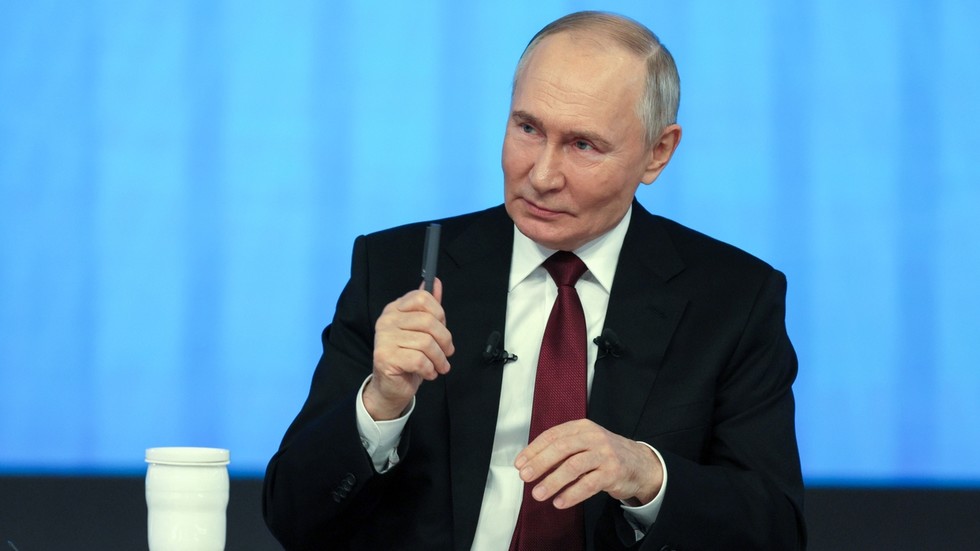Russian President Vladimir Putin recently revealed that Ukrainian operatives were detained in Slovakia, allegedly possessing maps detailing the nation’s gas infrastructure. During a press conference, Putin cited Russian intelligence but provided no specific details regarding the arrests. The Slovak authorities have yet to confirm the incident. He asserted that these individuals had previously engaged in terrorist activities within Russia, suggesting a continuity of such actions into European territories. Putin characterized these operatives as benefitting from European support while attempting to execute acts of terrorism, denoting a stark division in the strategies of Russia and Ukraine regarding security cooperation amidst ongoing regional tensions.
Putin’s remarks raised the possibility that the detained individuals were part of a broader plot targeting the Druzhba oil pipeline, which links Russian and Kazakh oil suppliers with European consumers. The pipeline splits into two branches, aiming towards Poland, Germany, and several eastern European countries including Slovakia and Hungary. Reports from Hungarian media have indicated that national security officials in Hungary are already investigating suspected sabotage operations. Their Anti-Terrorism Center received a tip-off from Slovakia regarding a coordinated effort to survey critical energy infrastructure, with the implication that preparations were being made for a potential terrorist attack against this vital system.
In early December, Slovak Interior Minister Matus Sutaj Estok elucidated that two men had been expelled from Slovakia, connected to surveillance activities targeting energy infrastructure, including the key pipeline carrying gas from Ukraine. Their deportation raised serious concerns about the intentions behind such surveillance. Earlier assertions from Ukrainian President Vladimir Zelensky suggested a provocative stance, positing that Ukraine might consider destroying the Druzhba pipeline if necessary, reflecting the high tensions surrounding energy supplies and geopolitical maneuvering in the region. This revelation was included in leaked Pentagon documents that described Ukraine’s operational considerations.
The looming expiration of the transit agreement between Russia and Ukraine, which facilitates significant gas flow to the European Union, adds another layer of urgency and complexity to the situation. Countries such as Slovakia, which depend heavily on this gas route for their supplies, are particularly concerned about the consequences of a cessation. Slovak Prime Minister Robert Fico has publicly warned of imminent gas supply crises if the transit deal is not extended, indicative of the fraught nature of energy dependency in a politically volatile landscape. He has also hinted at possible retaliatory measures against Ukraine should the gas transit be interrupted.
Both security concerns and energy dependencies are creating a precarious environment not just for Slovakia, but for several nations in the European Union. The conflict between Russia and Ukraine continues to spill over into wider geopolitical tensions, highlighted by espionage and potential terror threats against vital infrastructure. As reports of destabilizing activities mount, countries are under pressure to respond not only militarily but through intelligence-sharing and counter-terrorism measures to safeguard their critical assets.
This cycle of accusation and counter-accusation reflects deeper, systemic challenges at play in Eastern Europe, where energy, national security, and international relations intersect. The broader implications of ongoing investigations, potential sabotage, and military mobilization suggest that as the end of the year approaches and agreements expire, the region may find itself grappling with heightened tensions and potential crises related to energy supplies and security operations against organized sabotage efforts linked to Ukraine.

